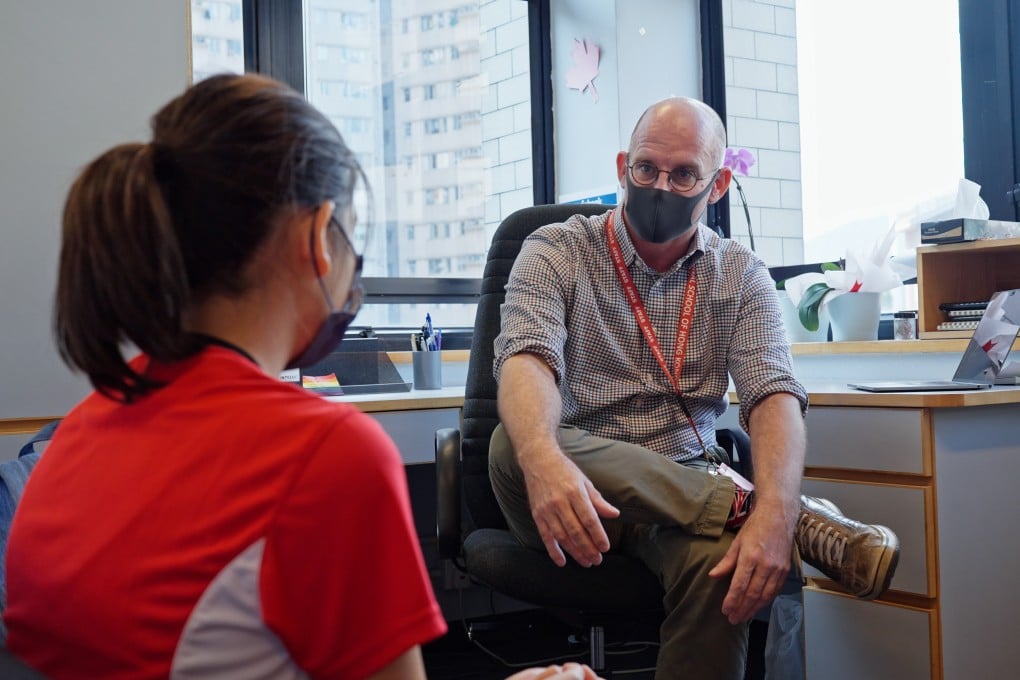How international schools in Hong Kong met the challenges of ensuring students’ mental safety through and beyond the pandemic
- There has been a sharper focus on mental health – in schools, the workplace or at home – in recent years, largely because of pandemic restrictions
- Mental health is not just about poor health, disorders or negative experiences but also on safeguarding students’ well-being and support those experiencing challenge

“Mental health and education are interrelated – because in order to do well, students must be well,” says My Thanh Mac, department head and upper school guidance counsellor at Canadian International School (CDNIS) in Aberdeen.
The derogatory “snowflake” tag unfairly dogs members of our younger generations. A certain generation of old-school adults still think mental health issues are largely imaginary, that if youngsters just knuckled down and get on with their studies, everything would be fine.
That, of course, is a simplistic and outmoded approach. Mac’s common-sense assertion is given weight by a recent survey by the United Kingdom’s National Health Foundation that found children with a probable mental health disorder were three times more likely to miss lessons than their peers.
Mac also highlights a point that is often overlooked – that mental health does not imply a focus on ill health, disorders or negative experiences in isolation. Rather, it is a focus on well-being and how to safeguard it, as well as how to support those experiencing challenges.
The emphasis on mental health – whether in schools, the workplace or at home – has increased in recent years, due in no small part to the effects of the pandemic. Covid-19 brought unprecedented challenges to the mental health of the global population, and to school-going children, thanks to prolonged closures.